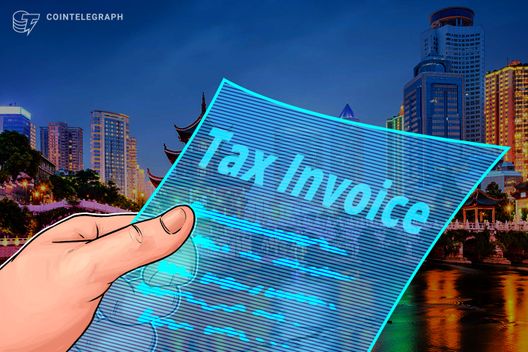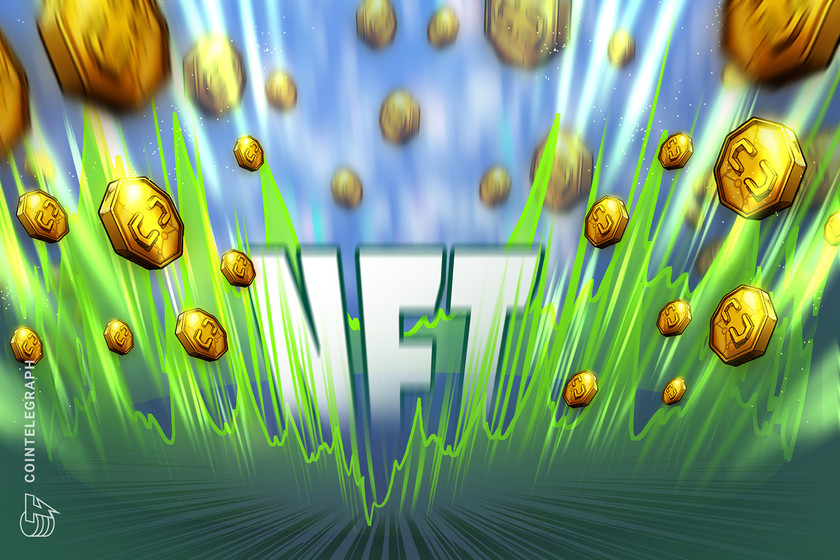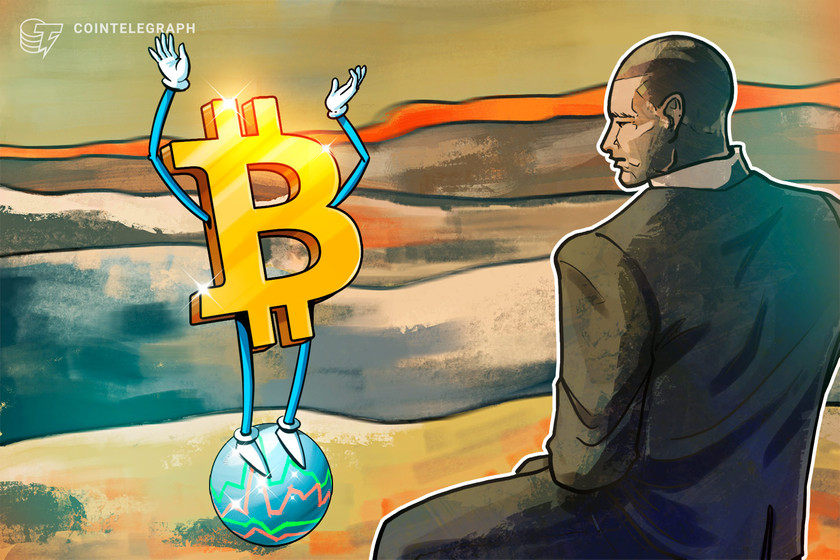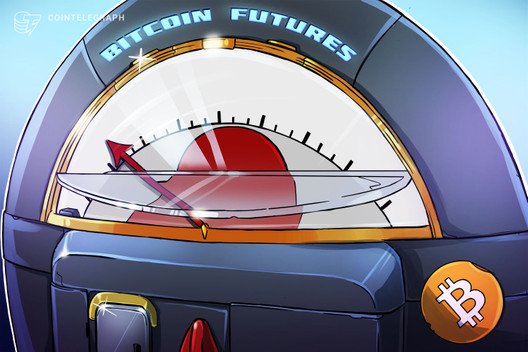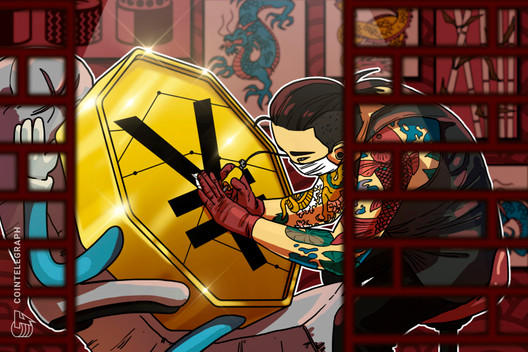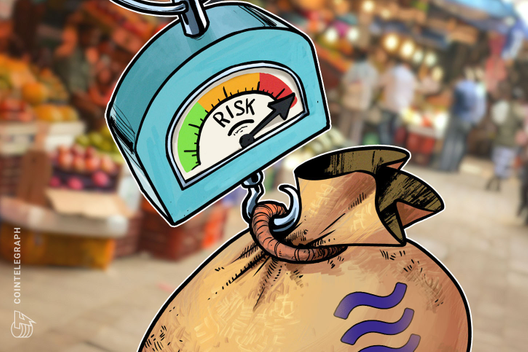Blockchain is no longer just the backbone of Bitcoin (BTC) or cryptocurrencies. It is more than that. Its application in various industries is as wide as the seas. And despite the technology’s limitations and challenges, demand for blockchain engineers increased by more than 500% between 2018 and 2019. Many engineers are wanting to jump on the blockchain bandwagon. Blockchain engineers can have a head start or stay relevant if they know these 10 aspects of the industry. Maybe not all of them. But the more they know, the better.
Blockchain interoperability
Blockchain interoperability refers to the ability of separate blockchains to access, see and share information with each other. However, current blockchains are isolated and siloed from the next. They exist independently, perhaps because there is too much competition. Experts argue that blockchain interoperability will lead to the overall success of the industry. A good example is that of payment platforms such as PayPal, which can interoperate with other mobile payment apps. A bridge has to be built — say for example, between Bitcoin and Ether (ETH). Let’s imagine a world where it was impossible to send an email from Yahoo servers to Google’s Gmail servers.
DeFi
Decentralized finance, commonly referred to as DeFi or open finance, refers to the provision of financial services such as lending, borrowing, insurance, savings, loans, trading and more on public blockchains. DeFi provides more benefits when compared to legacy financial services. According to analytics site Defipulse, the total value locked in DeFi surpassed $1.2 billion in February 2020. Decentralized finance is growing and has the potential to reach every human being with a smartphone.
DAML
As blockchain technology continues to evolve, the need for improved blockchain systems grows. Digital asset modeling language, or DAML, is a smart contract language that enables blockchain engineers to accurately code multi-party agreements for various blockchains. DAML is now open-source and expected to deploy improved developer experience and provide front-end support and ledger model improvements in 2020.
BaaS
Blockchain-as-a-Service, or BaaS, is a managed blockchain model that allows engineers to build blockchain applications and other digital services over a distributed network. In this model, the industry provides the infrastructure and blockchain-building tools. The BaaS model provides an auditable transaction record, a middleware for monitoring application development, a modular and preconfigured network and infrastructure, and a platform architecture management.
Cryptojacking
Cryptojacking — also called malicious crypto mining — is an emerging online threat that involves malicious mining of cryptocurrencies on a victim’s device. Though crypto mining’s potential has not yet been fully explored, there has been a significant rise in cryptojacking instances. It is better to detect and prevent cryptojacking through network monitoring solutions since the threats are not easily detected by endpoint solutions. Most businesses and organizations have network monitoring tools.
Lightning Network
The Lightning Network — a second layer technology for instant micropayments — was introduced as a solution to blockchain’s scalability issues. However, it is facing troubles of its own. A research paper titled “Lightning Network: A Second Path Towards Centralisation of the Bitcoin Economy” concluded that the network has security vulnerabilities due to increased centralization. Blockchain engineers are working to eliminate this loophole.
Federated Blockchain
Blockchain is a blessing to many organizations — and a curse to those that deal with highly sensitive information. The breakthrough of federated blockchain has brought relief to these organizations. A federated blockchain is a private and permissioned blockchain where entities become members of the network by way of voting or prior approval. 2020 is the year of federated blockchain, and every engineer should prepare themselves for this feat.
Blockchain-based supply chain
A supply chain is vital to many organizations. Blockchains improve traceability, reduce counterfeit goods, enhance transparency, and redefine tradability in supply chains. The distributed ledger technology records key product information such as the origin, raw materials used, etc. in manufacturing products. Consumers can use this information to verify the authenticity of products. Blockchain is expected to make supply chains even better in the coming decade.
Transferable skills
Blockchain builds on other technologies. This nascent space requires engineers with skills in software development, cryptography, programming, web applications and data analytics, among others. No single skill will ever be enough to give an engineer an advantage over others. A combination of skills in several areas is highly desirable as new concepts are brought to the field every day.
IoT
The industry for the Internet of Things, or IoT, has significantly taken off in the recent past. Research by Gartner estimates that the number of IoT devices will reach over 20 billion in 2020. IoT links “things,” people, sensors and products, with data as the common denominator among them. While this is exciting, it must be noted that there are numerous security vulnerabilities that can be exploited. Blockchains can be used to authenticate and transfer data in an IoT system without the need for a third party.
An evolving industry needs flexible engineers
The full scale of blockchain’s reach is yet to be known. Some have called the technology a “hammer looking for a nail.” A number of crypto startups have been criticized for using blockchain where a simple solution could have sufficed. What is evident and clear is the rate at which the technology is being adopted. CargoSmart is working in conjunction with COSCO SHIPPING LINES and electric car manufacturer Tesla to test a blockchain supply chain pilot project.
Blockchain engineers have a lot to learn and a lot to give to the industry.
The views, thoughts and opinions expressed here are the author’s alone and do not necessarily reflect or represent the views and opinions of Cointelegraph.
Michael J. Garbade is the co-founder and CEO of Education Ecosystem. He is a serial tech entrepreneur who formerly worked at Amazon, General Electric, Rebate Networks, Photobucket and Unicredit Group. Garbade has experience working in the United States, Europe, Asia and South America.

